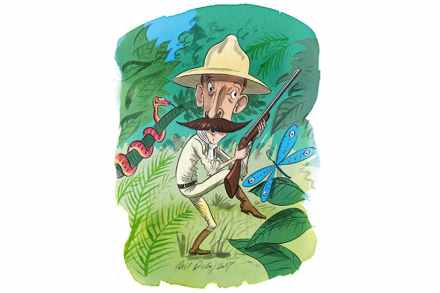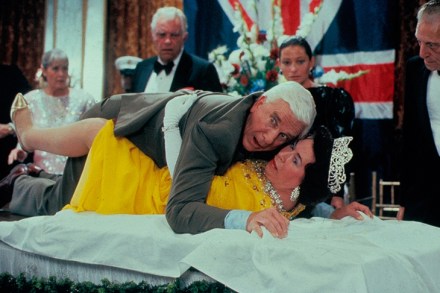Faking history
It’s all about the rhythm. Hamilton is a musical that tells the story of America’s foundation through the medium of rap. It sounds crazy but it works because the show’s arsenal of effects is simply overwhelming. The lyrics drive the narrative, the rap gives energy to the lyrics, and the dancers double the effect by adding a visual complement to the pulsing soundscape. Dramatic lighting, synchronised with the music, provides a final sensory flourish. It’s like being softly slapped across the face with a beautiful velvet glove. The set is a luxuriantly solid affair, like a five-star hotel inspired by Wild West themes. Two wooden staircases soar up towards a




















